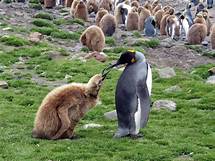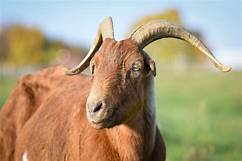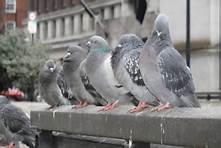Is it Legal to Have a Pet Penguin?
Penguins are adorable, flightless seabirds that have captured the hearts of people worldwide. Their unique appearance and behavior have made them popular subjects for zoos, aquariums, and even private ownership. However, keeping a penguin as a pet can be a complex and challenging endeavor. In this article, we will explore the legality and ethical considerations of owning a pet penguin, addressing various aspects such as their natural habitat, care requirements, and the impact on their well-being.

Legality of Owning a Pet Penguin
The legality of owning a pet penguin varies widely across different countries and jurisdictions. In some regions, such as the United States, the keeping of penguins as pets is generally prohibited. The Migratory Bird Treaty Act of 1918, along with subsequent amendments, protects native bird species, including penguins, from capture, possession, and trade. Additionally, the Lacey Act of 1900 prohibits the interstate transport of wildlife, including penguins, without proper permits.
In other parts of the world, the regulations governing penguin ownership may be less stringent. For instance, in some European countries, private individuals may obtain permits to keep penguins in captivity. However, these permits are often granted for educational or scientific purposes rather than for private ownership as pets.
Ethical Considerations of Owning a Pet Penguin
Even if keeping a pet penguin is legal in your jurisdiction, there are significant ethical considerations to take into account. Penguins are wild animals that have evolved to live in their natural habitats surrounded by their colonies and adapted to thrive in specific climates and ecosystems. Removing them from their natural environment and placing them in a domestic setting can have detrimental effects on their well-being.
Penguins are highly social creatures that rely on interactions with their colony members for survival and emotional support. Keeping a penguin in isolation or in an environment where it lacks adequate companionship can lead to loneliness, depression, and behavioral problems.
Moreover, penguins have specialized dietary needs and require a diet rich in fish, squid, and krill. Providing them with a nutritionally balanced diet in captivity can be challenging, and improper nutrition can result in health issues and developmental problems.
Conclusion
While penguins may seem like fascinating and endearing creatures, the reality of keeping them as pets is complex and fraught with ethical and legal challenges. The legality of owning a pet penguin varies across jurisdictions, but even where it is permitted, the ethical implications of depriving these animals of their natural habitat and social interactions cannot be ignored. In most cases, it is best to appreciate penguins from afar and support conservation efforts aimed at protecting their populations in their natural environments.
Declaration: All article resources on this website, unless otherwise specified or labeled, are collected from online resources. If the content on this website infringes on the legitimate rights and interests of the original author, you can contact this website to delete it.






